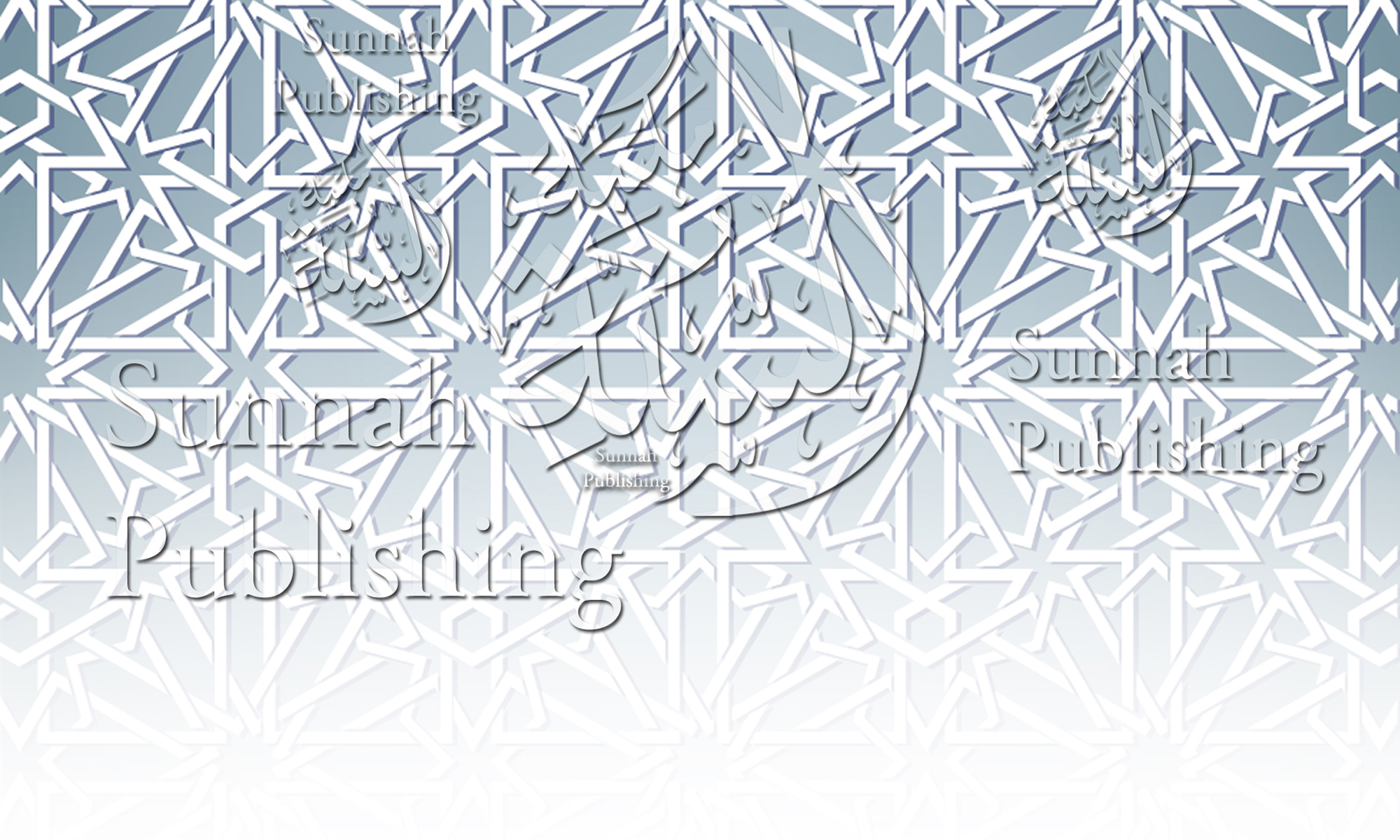The Noble Scholar, al-‘Allaamah ‘Ubayd Ibn ‘Abdullaah Ibn Sulaymaan al-Jaabiree was asked,
O Shaykh, may Allaah preserve you, can it be said that knowledge must not be taken, except from the mouths of the mashaayikh and the Scholars; and it is not to be taken from the internet and books? And what is the instruction concerning that when the Prophet (‘alayhis-salaam) has said in a hadeeth saheeh, “Document knowledge through writing.”?
The Noble Scholar answered this question as follows,
There is no evidence in this hadeeth for this claim. The hadeeth says, “Document knowledge…” Meaning, document whatever you have taken from a Scholar so that it does not escape you. However, that which I have come to know from the biographies of the people of knowledge is that they did not prohibit taking knowledge from books at all. They only called to taking knowledge from the mouths of its people. This is the primary basis. Yes. And based upon this, it is possible to say that knowledge is obtained through two paths:
- The ideal path and the origin is to take knowledge verbally from its people.
- And the second path is utilized due to a need and incapability and it is to take knowledge from books.
And they used to say in times of old, “The individual whose Shaykh is his book, then his errors will outnumber his correct positions.” Yes.
However, when the individual attains knowledge by studying under a Scholar or Scholars and takes the usool (foundations) of Sharee’ah knowledge from them and the ways of deriving rulings from proofs, or using texts as proofs for issues or ijmaa’ (consensus) with proficiency in Sharee’ah knowledge, then there is nothing to prevent him from researching independently and looking and applying what he took from his Shaykhs.
And perhaps a need within a country from amongst the countries may call for a man or men to look into the books of the people of knowledge and convey what they see to the people of their country, due to their need for it, and they do not have the ability to look into the issues and select the correct view. No, they do not have the ability. However, for example, an individual reads from books of the trusted Scholars in the topics of ‘aqaa`id (beliefs) and in the topics of fiqh (jurisprudence) and he clarifies and explains to the people what he understands then,
“Allaah does not burden a soul with more than it can bear.” [Sooratul-Baqarah 2:286]
This is what he can bear.
“Allaah does not burden a soul with more than it can bear.” [Sooratul-Baqarah 2:286]
And it is not permissible to prohibit the people from the likes of him, those who are in need of him. Yes.
Then the Noble Shaykh was asked,
Shaykh, what if he reads to the people when he does not have knowledge and he says that he is reading from the likes of Shaykh Ibn Baaz (d.1420H) and Shaykh Ibnul-‘Uthaymeen (d.1421H)? What should he do when he encounters disagreement (khilaaf) in some of the subsidiary issues? This is with regards to the stronger action and with regards to reading to the people.
So the noble Shaykh replied,
This is something he does not have originally – meaning proficiency with which to distinguish the correct position from the weaker one. However, this is his ability. Yes, this is his ability. And whosoever from amongst them is upon goodness and righteousness, then you will find that when a Scholar comes who is stronger than him, he entrusts the affair to the Scholar. Yes.
End of Shaykh ‘Ubayd’s words.
SOURCE: These were questions that were posed to Shaykh ‘Ubayd in 1431H. The recording can be obtained from the mosque in the Shaykh’s neighbourhood.
Translation by Maaz Qureshi
